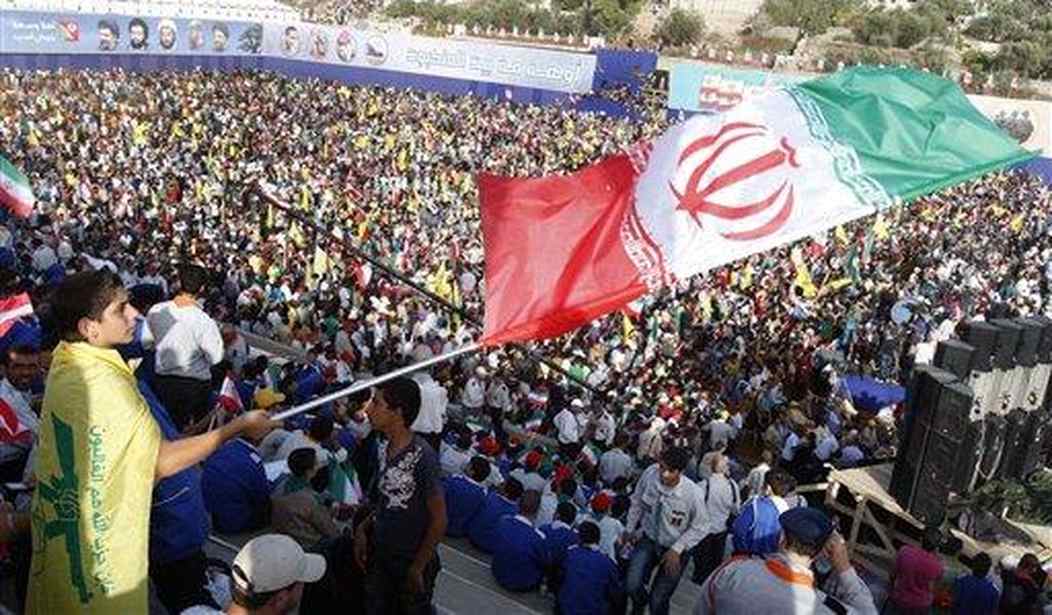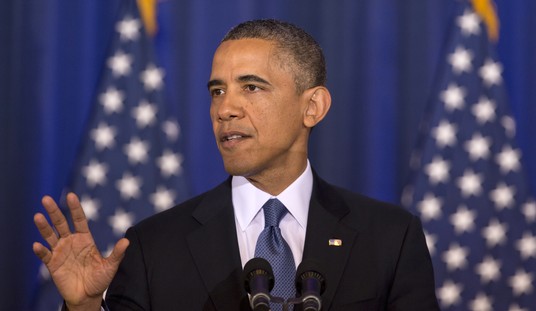In February 2023, 165 bipartisan members of the United States House of Representatives introduced H. Res. 100 – “Expressing support for the Iranian people's desire for a democratic, secular, and nonnuclear Republic of Iran, and condemning violations of human rights and state-sponsored terrorism by the Iranian Government.”
The introduction of H. Res. 100 was accompanied by a press conference addressed by lawmakers and joined – via Zoom – by Iranian opposition leader Maryam Rajavi, who is the President-elect of the National Council of Resistance of Iran (NCRI). The resolution currently has 195 co-sponsors and is gaining support by the day.
H. Res. 100 is the first legislative action by the United States Congress since the nationwide uprisings began in September 2022 to explicitly recognize Iranian protesters’ right to overthrow the ruling theocracy and “establish a democratic, secular, and nonnuclear Republic of Iran.”
In response to the powerful bipartisan support for H. Res. 100, there has been a coordinated cyber campaign by Tehran’s apologists to demonize the NCRI and apply pressure on lawmakers to not support the resolution.
Iran’s disgraced political lobby, the National Iranian-American Council (NIAC), released a memo riddled with propaganda smears against the NCRI in which they demanded that lawmakers “remove their sponsorship from the bill.” Similar language was echoed on several Iranian state-run media outlets.
This cyber campaign creates damaging division among the Iranian diaspora and has been amplified by various social media accounts who are misleading well-intentioned Iranians into bombarding members of Congress with hundreds – if not thousands – of spam messages demanding they renounce their support for the resolution.
Recommended
For example, in reaction to the resolution, social media activist Chelsea Hart tweeted that the NCRI and Maryam Rajavi are “illegitimate” and “unwanted.” Hart’s tweet also insulted the 195 representatives who have co-sponsored the resolution, calling them “idiotic Westerners” and encouraging over 330,000 followers (across both Twitter and Instagram) to contact members of Congress and demand that they retract their support for H. Res. 100.
When asked about the NCRI’s strong presence in the United States Congress during the Munich Security Conference, women’s rights activist Masih Alinejad asserted – without evidence – that the NCRI “does not represent the Iranian people” and implied that policymakers should consequently cease listening to the NCRI’s political advocacy. Her comments bring to mind Iranian Foreign Minister Javad Zarif’s rage-fueled rant at the 2018 Munich Security Conference in which he expressed disdain for American politicians who meet with the NCRI.
The focus of this attack campaign has not been on the substance of the resolution, but rather on the mention of the NCRI’s ten-point plan for a secular and democratic republic in Iran. The majority of the smears levied against the NCRI, such as baseless claims that they are a terrorist organization or a cult, have origins in Iran’s Ministry of Intelligence (MOIS) and have been thoroughly disproven in several high-profile court cases and federal investigations in the United States and Europe.
Since its founding in 1981, the NCRI has been a critical voice supporting the Iranian people’s demands for regime change. H. Res. 100 is only the latest example of the NCRI’s four-decade history of mainstreaming the concept of democratic regime change in international legislatures.
It is important to note that H. Res. 100 does not declare Maryam Rajavi as the leader of a post-revolution Iran, nor does it label the NCRI as the only opposition group. In fact, the only reference to the NCRI in H. Res. 100 is in the lawmakers’ condemnation of a foiled 2018 bomb plot in which an Iranian diplomat attempted to bomb the NCRI’s annual Free Iran conference in Paris, France.
The substance of the resolution echoes the demands of Iranian protesters and calls on the United States Government to explicitly support Iran’s uprisings and apply pressure on the regime. None of the criticism of the resolution is concerned with this unifying message; instead, it is motivated by a visceral anger towards the NCRI.
Those who bash politicians for signing the resolution solely because it acknowledges the NCRI are revealing that they prioritize their own partisan biases over the cause of freedom and democracy in Iran. In other words, they would seemingly prefer to live in a world without a critical source of pressure on the regime in order to bolster their personal political inclinations.
Furthermore, they must reckon with the fact that the language and tactics they use to attack H. Res. 100 and the NCRI mirrors that of the Islamic Republic and its lobbyists. The Iranian regime has a vested interest in sowing confusion and division to undermine the NCRI’s advocacy. Therefore, misinformed activists who promote campaigns to smear the NCRI and undermine legislative actions like H. Res. 100 are acting as de facto useful idiots helping Tehran wage a political war to undermine the regime’s opponents.
The energy expended on attacking the NCRI or its political advocacy creates divisions that detract from the common objective of opposition to the regime and support for the Iranian people’s democratic aspirations. This behavior reflects the hypocrisy of those who speak of unity but attempt to gatekeep the Iranian opposition by excluding a relevant voice – the NCRI – from the conversation about Iran’s future.
The future of Iran will ultimately be decided by the people of Iran – tens of thousands of whom have already given their lives to the 43-year fight for freedom. Any voice that opposes all forms of dictatorship and supports a secular democratic republic in Iran should be welcomed in this conversation; it is not the job of the diaspora to dictate which individuals and groups are allowed to advocate for the Iranian people.
Activists who truly care about the Iranian people’s struggle should welcome any steps that advance the goal of overthrowing the mullahs and establishing a secular and democratic republic. Those who let their personal biases supersede this common objective create roadblocks for effective support of the uprisings in Iran by promoting the regime’s divisive propaganda against the Iranian opposition.
About the author: Seena Saiedian is a human rights advocate and volunteer with the Organization of Iranian-American Communities' young professionals chapter, where he works with community organizers and policymakers to promote democracy in Iran. He is a student at the University of California, Berkeley. Follow him on Twitter @SeenaSaiedian.























Join the conversation as a VIP Member